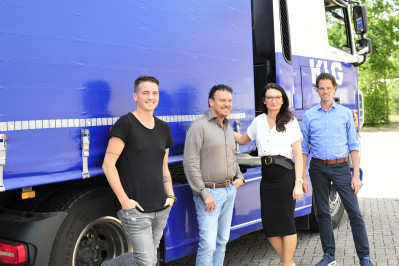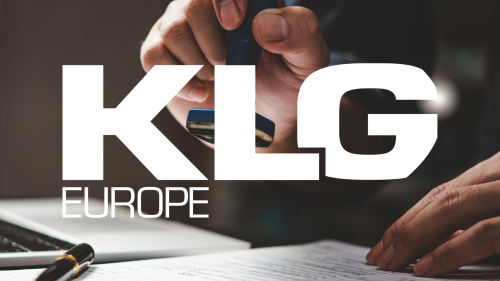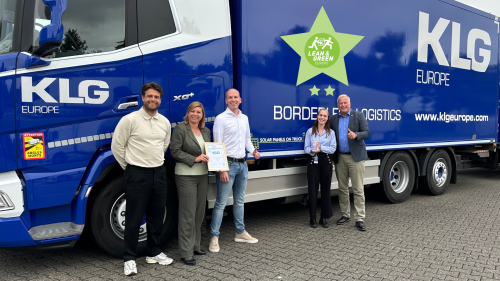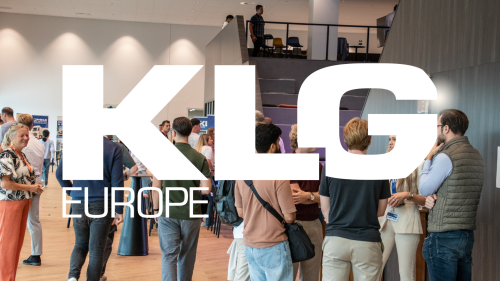Pandemic or Suez blockade: How this company always thinks ahead
09 april 2021NSWL shares its strategy of “always thinking and acting ahead”. “We not only serve but also shape the market”, says Oscar Vermeij (NSWL).
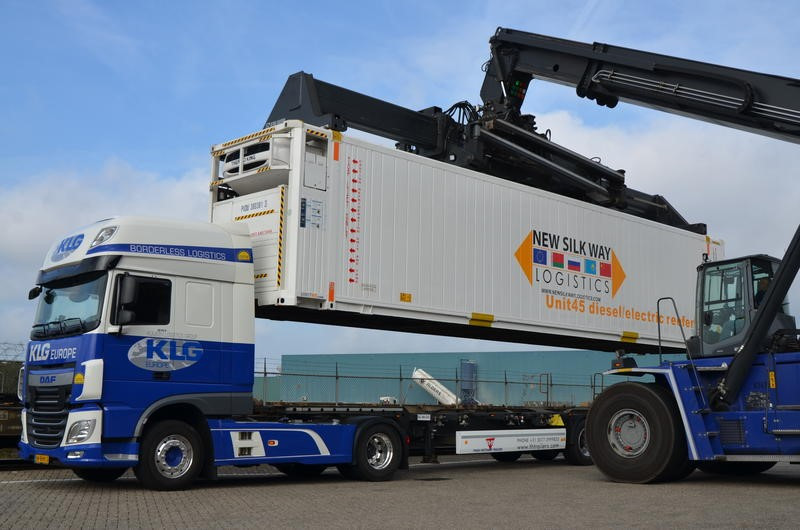
While the railway industry unfolds its potential during the ongoing pandemic, the Suez crisis puts it to another rigorous test of resilience. Speaking on how to tackle the instability of the freight market, New Silk Way Logistics (NSWL), one of the leading logistics providers on the New Silk Road, shares its strategy of “always thinking and acting ahead”. “We not only serve but also shape the market”, says Oscar Vermeij, managing director of the Dutch company.
The blockade of the Suez Canal is considered as an unprecedented disaster for the shipping industry. But rail freight, especially Eurasian railway transportation, shows an opposite picture. “We expect to have a definite increase in volumes after the Suez crisis”, said Chengdu CR Express earlier. “Our westbound services are already booked for 150%, capacity is getting tight again”, agreed someone at Hefei International Land Port Company.
Understandably, the unpredicted volume peak of Eurasian block trains is a challenge to the capacity. However, it seems to pressure New Silk Way Logistics not even slightly. “New Silk Way Logistics has fixed space on trains to sufficiently secure the loss made due to the block of Suez Canal”, explains Vermeij. “Incidents like the Suez crisis are of course unforeseeable, but we always reserve enough capacity for our clients as the demand is more than supply of space on rail since pandemic.”
Pioneered at Eastbound train services
Besides its precautionary measures during Covid-19, ‘thinking ahead’ is rooted in the genes of the Venlo-based company. Looking back, New Silk Way Logistics itself was founded in this way. Back in 2014, when the Europe-China Express was still a vaguely known concept in Europe, the founders of the joined venture including KLG Europe, started thinking about how to conquer their position in this emerging market. This ambition was realized with the birth of a new joint venture, New Silk Way Logistics, followed by its bold attempts of providing eastbound train services from Europe to China (Chongqing).
It is worth noting that at that time, only westbound trains were running regularly and stably while connecting Chinese cities eastbound sounded like a luxurious dream. This unique focus makes the start-up one of the major contributors to eastbound traffic, and it successfully created a demand for this on the Chinese market. Vermeij describes this leap in business as “growth from single container level business to block train level business”.
Up to now, as one of the pioneering companies dedicated to eastbound railways solutions, New Silk Way Logistics has developed multiple links with China, with weekly train departures heading for many important logistic hubs like Chongqing, Yiwu, Xian, Shenyang, Shenzhen, Hefei and Chengdu, and vice versa.
45ft Reefer Containers
New Silk Way Logistics’ ‘thinking ahead’ is not only limited to its eastbound train services, but also reflected in its promotion of 45ft reefer container. Due to wagon differences between China and Europe, the 40ft reefer is dominantly used on the Eurasian rail freight market. However, when it comes to last mile trucking in Europe, the 45ft container that conforms to the pallet wide and high cube standard is recognized as the more desirable equipment.
“Apart from more storage capacity, the 45ft shipper-owned container is easier for the maintenance, spare parts, refueling and monitoring during the journey”, Oscar explained. Aware of the advantages of the 45ft container, New Silk Way Logistics decided to take one step further and lobby among Chinese companies to be more open for this type of containers. “It is hard to alter their mindset due to the information gap between China and Europe, but we are do our best, and we see that we are changing the market”, Vermeij added.
The industry needs joint efforts
The active participation of European companies is what the Eurasian market needs, as was earlier pointed out Jet Young, the Counsellor for International Affairs at Eurasia Railway Commission of China Communication and Transportation Association. “Efforts merely from the China side are far from enough”, he stated. “To achieve the full potential of Eurasian rail transportation, we must rely on European partners who speak the local language and think in the local way to develop local markets.”
According to Vermeij, this is what New Silk Way Logistics did and continues to work on: being actively involved and responding to the market changes with innovative ideas and as a responsible and innovative player.
Source: RailFreight.com
More news
We would like to get in touch with you.
